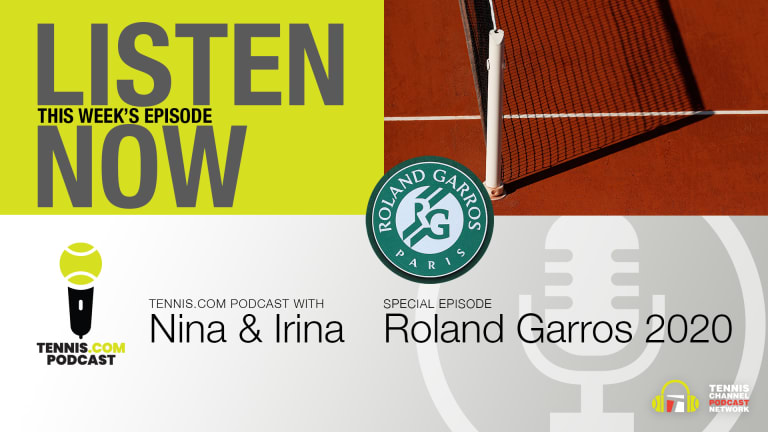By the time Swiatek got to Paris, she had a renewed mindset. After dismissing last year's finalist Marketa Vondrousova in her opener, Swiatek explained what had changed across the previous six weeks starting at the Western & Southern Open with her loss to Christina McHale.
"It was really hard for me to comeback from this COVID break," the world No. 54 said. "I felt a lot of pressure and I was really stressed when I played in New York... I felt that when many players from the top are not going to be there, maybe there's an opportunity for me, so that was kind of stressful for me.
"But that was the first time I had such high expectations in my career so it wasn't easy, and I feel like next time it's going to be better because right now I have more experience."
